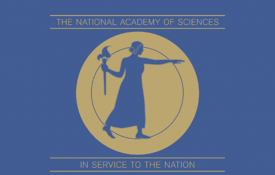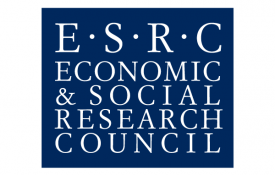-

Four APS Fellows Elected to National Academy of Sciences
The newly elected members include 59 women, the most in a single year, and 30 international members.
-

Addressing COVID-19 Challenges With Japanese Researchers
Opportunity co-funded by the UK Economic and Social Research Council (ESRC) and the Japan Society for the Promotion of Science (JSPS)
-

American Academy of Arts & Sciences Elects Eight APS Fellows
Eight APS Fellows have been elected to the American Academy of Arts & Sciences.
-

Economic and Social Research Council (ESRC)
-

APS Provides Recommendations to NIH Initiative Combatting Structural Racism
The initiative, called UNITE, aims to understand and address racism in the broader scientific community and more specifically in NIH-supported work. APS’s comments, informed by psychological science, echo the value of improving inclusivity and diversity in science.
-
Pandemic Got You Down? Psychologists Suggest Time Travel — Sort of.
Wouldn’t it be nice if we could peek into the future to reassure ourselves? That’s not actually possible, but there is a psychological technique for regulating emotions that employs this idea. It’s called “temporal distancing,” and you can think of it as mental time travel. If the concept sounds familiar, it’s a bit like reminding yourself of the ancient adage “this, too, shall pass.” I consulted three experts about how to do it and why it works. Trapped in the moment Right now, you may find many things upsetting: You might be Zoomed out, missing your friends or mourning lost loved ones.

